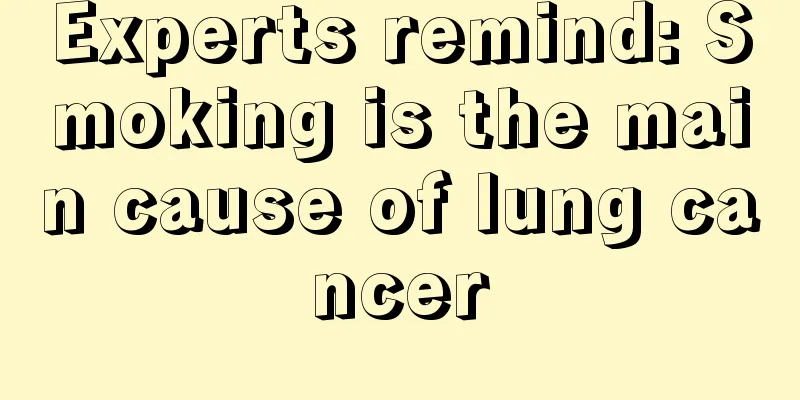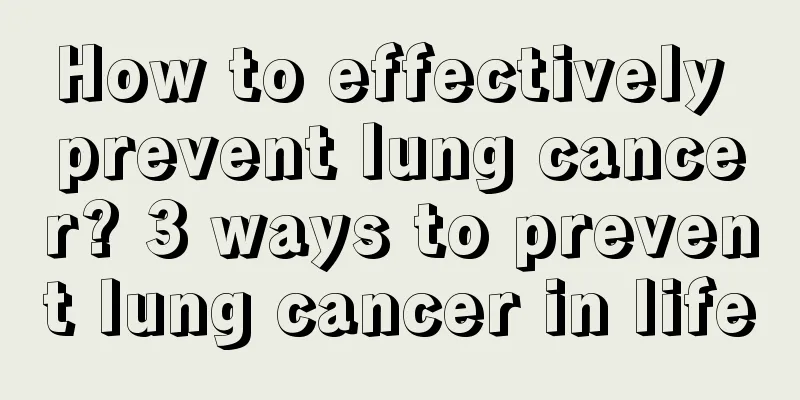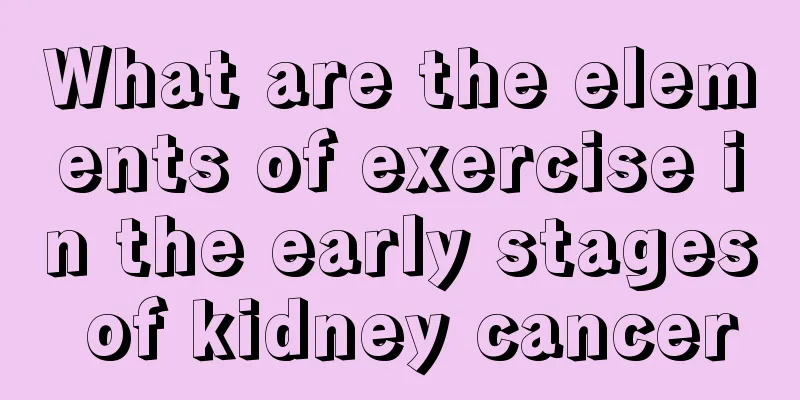What is the cold vasodilation response

|
The cold vasodilation reaction is when a part of mammalian skin is treated with cold, and the blood vessels in that part contract, significantly reducing blood flow, which can easily lead to a sharp drop in skin temperature and vasodilation. If the body temperature is too low, it will have adverse effects on our body. 1. Cold-induced vasodilatation is abbreviated as CIVD. When a part of a mammal's skin is exposed to cold, the blood vessels in that part contract and the blood flow decreases significantly, causing the skin temperature to drop sharply. Soon the blood vessels dilate and the skin temperature rises. This phenomenon is called the cold vasodilation response. The dilation reaction cannot last for a long time, and the skin temperature will drop again. This cyclical contraction and dilation of blood vessels can prevent the part from being overly cold and is beneficial for preventing frostbite. This phenomenon started by T. Lewis (1930) discovered it in humans and called it the Handing reaction. Put a person or monkey's finger in ice water, record the skin temperature, and calculate the CIVD characteristic value from the change curve as an indicator of local cold resistance. Various cold adaptation phenomena have been proposed based on this approach. 2. Effects of hypothermia on the body (1) Body temperature regulation. Cold stimulates the skin, and cold receptors send nerve impulses to the spinal cord and hypothalamus, reflexively causing skin vasoconstriction, chills, piloerection, and mobilization of stored fat and sugar. Due to the contraction of peripheral blood vessels, blood is diverted to flow into deep tissues, where heat is not easily dissipated. Chills, fat and sugar mobilization also increase metabolic heat production, allowing body temperature to remain constant. The human body has the ability to adapt to cold, but only to a certain limit. If you work for too long in a cold environment (below -5°C) or immerse yourself in cold water (which causes skin temperature and core body temperature to drop rapidly), your adaptability will be exceeded and temperature regulation will be impaired, causing your body temperature to drop and even hypothermia to occur, affecting your body's functions. Due to the excessive cooling of the whole body, the body's immunity and resistance are reduced, making it easy to suffer from colds, pneumonia, nephritis, myalgia, neuralgia, and arthritis. (2) Central nervous system. Under low temperature conditions, the metabolism of high-energy phosphate compounds in the brain is reduced. Nerve excitation and conduction ability may be weakened, and this is directly related to body temperature. When the body temperature is between 32.2 and 35°C, symptoms such as stiffness of hands and feet, movement disorders, slowed reactions and difficulty in pronunciation may be seen. These neurological effects of cold make hypothermic workers vulnerable to injury from machinery and accidents. (3) Cardiovascular system. In the early stage of hypothermia, heart rate increases and cardiac output increases, while in the later stage, heart rate slows down and cardiac output decreases. Hypothermia does not reduce myocardial contractility, but affects the myocardial conduction system. Conduction disturbances in the atrioventricular node manifest as progressive bradycardia and then cardiac insufficiency. Conduction disorders may be evident on the electrocardiogram. |
<<: Is it serious to have liver hemangioma
>>: Symptoms of disseminated intravascular coagulation
Recommend
Does Monstera absorb formaldehyde?
Many people will buy some plants and place them i...
Eating 5 kinds of food regularly can prevent stomach cancer
Since gastric cancer occurs in the stomach, the o...
How to clean after applying the plaster
We all know that when we have back pain or sprain...
Why does my nose itch, sneeze and have a runny nose? How to improve it
Ordinary people do not pay too much attention to ...
Can I exercise if I have colon cancer?
Patients with colon cancer usually have undergone...
Is there a cure for schizophrenia?
Nowadays, cities are developing faster and faster...
Why does my left abdomen hurt after eating?
Nowadays, people are very busy with work and have...
Is there a difference between the survival rate and cure rate of breast cancer
Is there a difference between breast cancer survi...
What are the symptoms of gastric inflammation?
As the saying goes, gastrointestinal health is th...
Can patients with cervical cancer be contagious
Although cervical cancer is a disease that is ver...
What is the survival rate of early gastric cancer
Early-stage gastric cancer has a lower risk of re...
Can the leaves on sweet potatoes be eaten
Because we often eat sweet potatoes, but few peop...
What should I do if I smell a bad odor?
Human beings are particularly sensitive creatures...
What are the benefits of fruit persimmon
Many people like to eat persimmons because they a...
What to do if your cheek hurts due to inflammation
Everyone is very familiar with the term "get...









